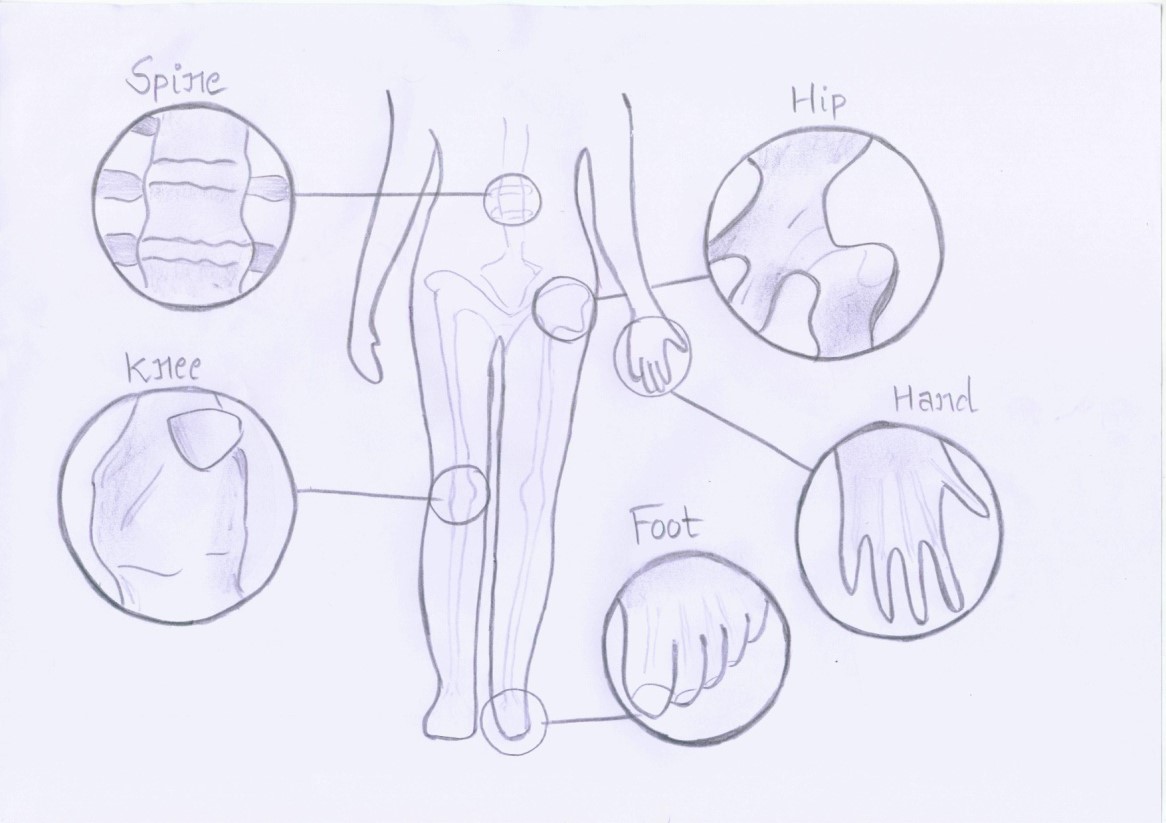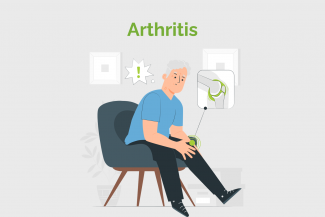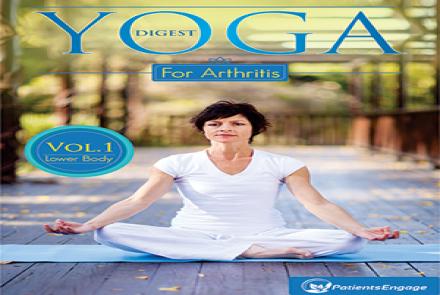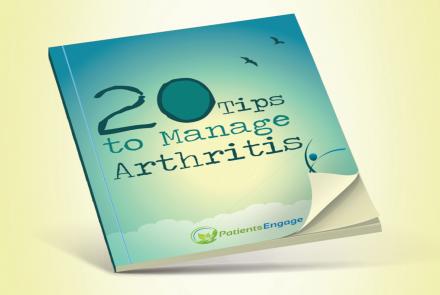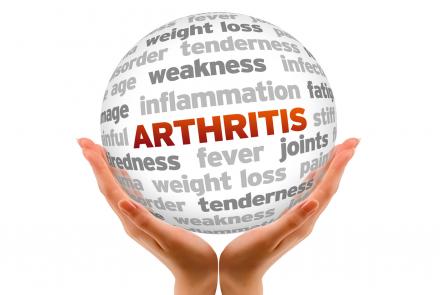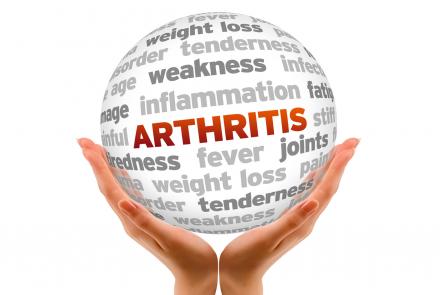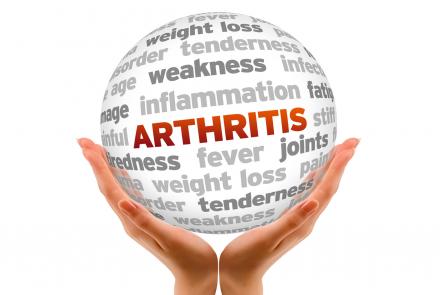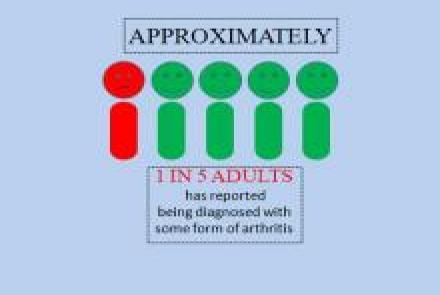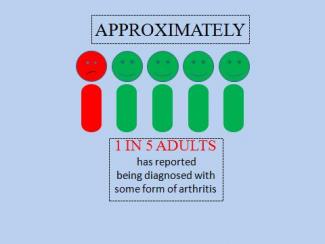
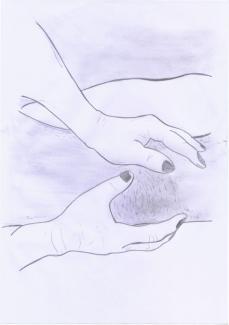
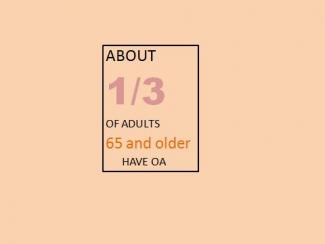
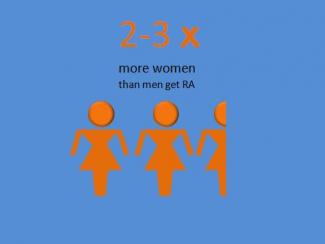
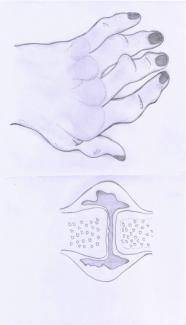
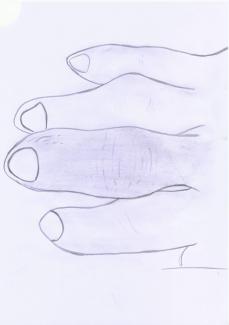
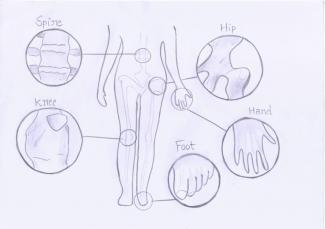
Different types of arthritis
Osteoarthritis (OA)
OA is the most common type of arthritis. It involves wear and tear damage to your joint's cartilage — the hard, slick coating on the ends of bones. This wear and tear can occur over many years, or it can be hastened by a joint injury or infection. It appears most frequently appears in the weight-bearing joints like hips, knees and hands. Commonly seen in old age.
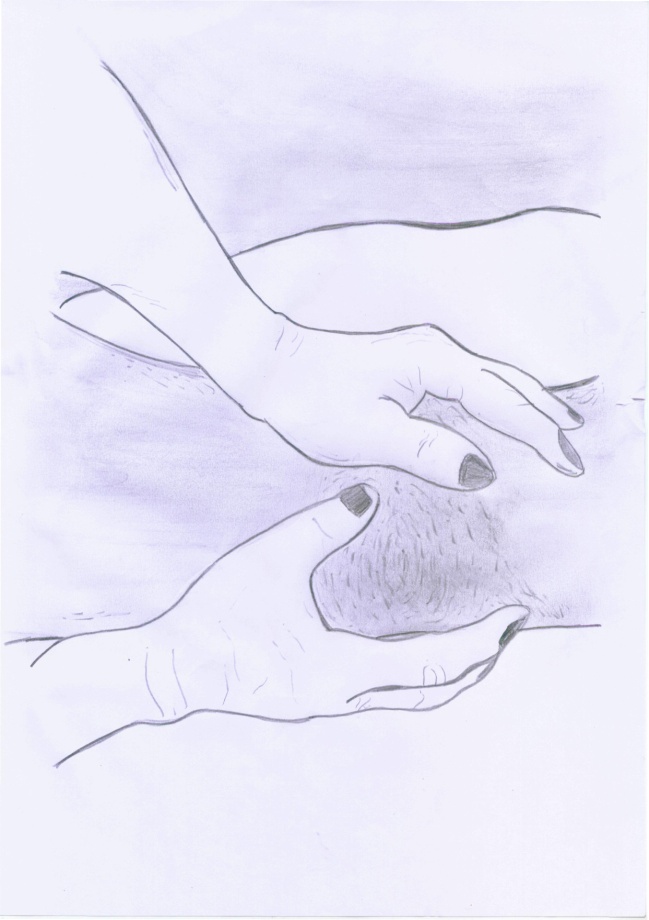
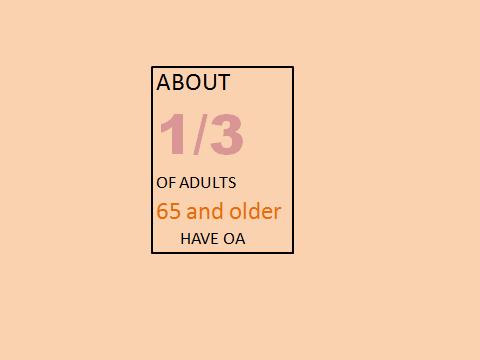
Rheumatoid arthritis (RA)
This is a systemic disease that can affect the entire body as well as the joints. The body's immune system attacks the lining of the joint capsule, a tough membrane that encloses all the joint parts. The joint becomes inflamed and swollen, and the cartilage and bone within the joint can be destroyed. It commonly affects the hands and wrist joints.
But, in addition to damaging the joints, it can cause problems with the lungs, skin, blood vessels, eyes, etc. Rheumatoid arthritis typically occurs earlier in life, i.e. 25-35 years of age and affects multiple joints on both sides of the body.
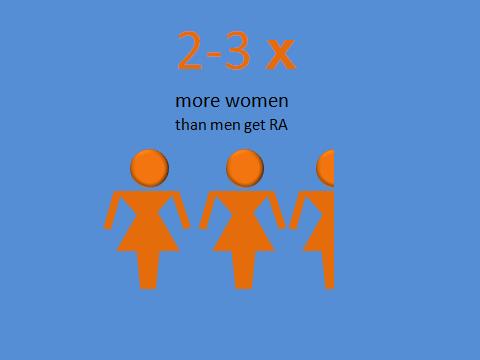
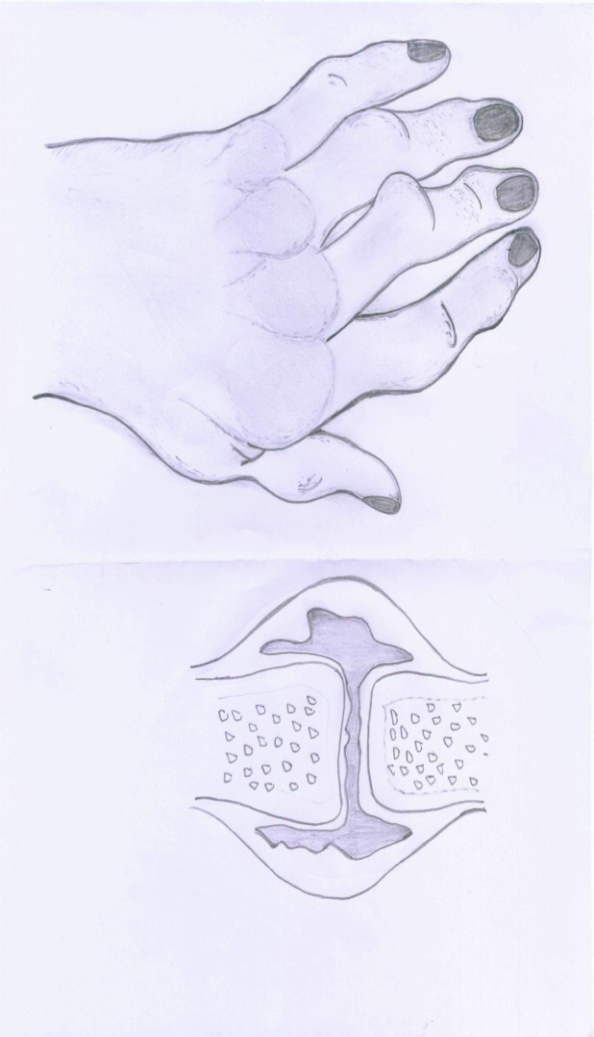
Ankylosing spondylitis
This is a type of arthritis that affects the neck and spine. The vertebrae may fuse together, causing the spine to grow stiff. The acuteness of this varies.
Infectious arthritis
 This is a more rare arthritis that occurs due to bacterial, viral or fungal infections in another part of the body.
This is a more rare arthritis that occurs due to bacterial, viral or fungal infections in another part of the body.
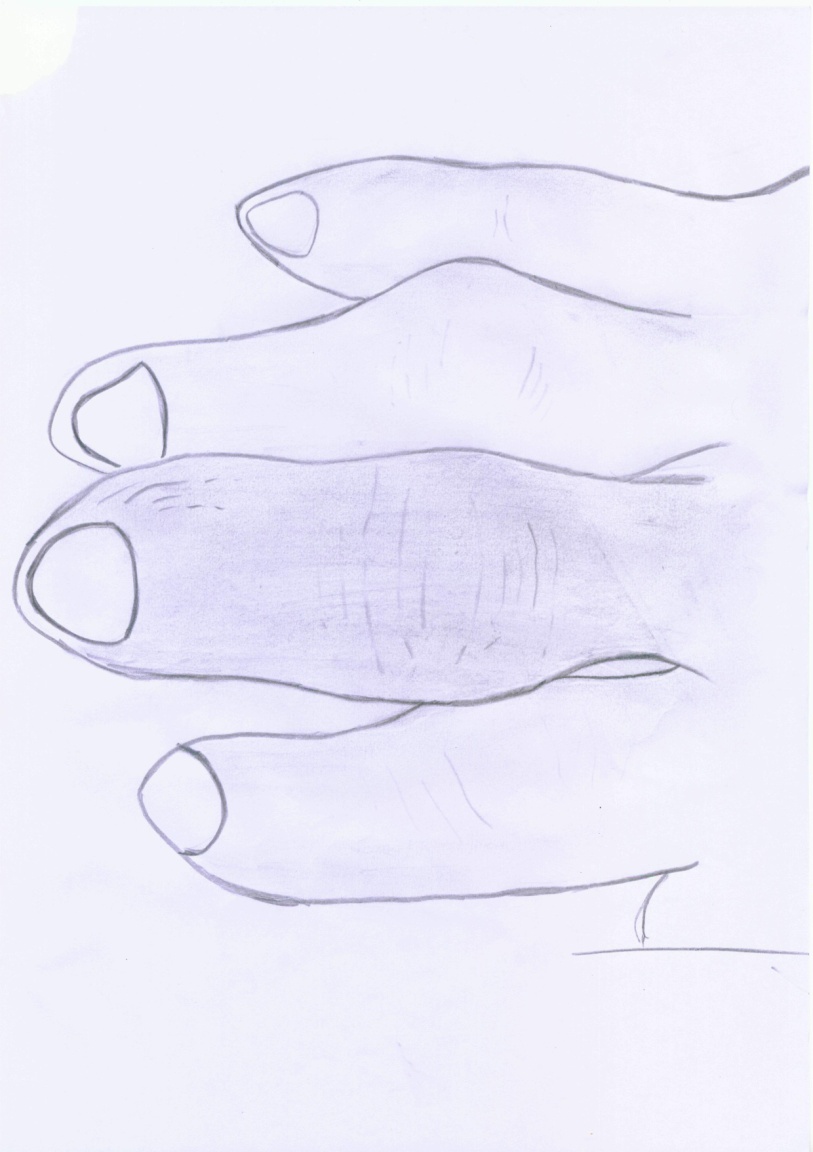
Gout arthritis
This condition is caused by too much uric acid in the blood. It is usually characterised by recurrent attacks of acute inflammatory arthritis — a red, tender, hot, swollen joint, for example, the big toe.
Juvenile Arthritis
This occurs in children 16 or younger in age. It refers to a variety of autoimmune and inflammatory conditions. Juvenile arthritis can affect the eyes, skin and digestive tract as well as the joints.
